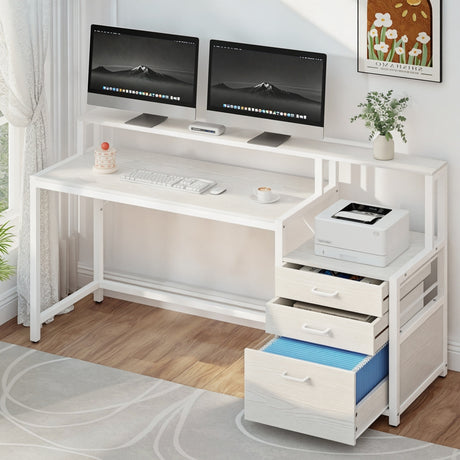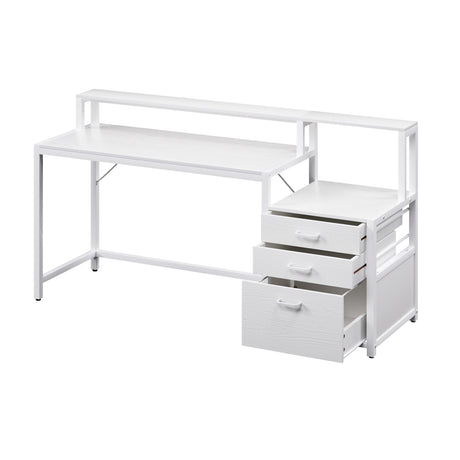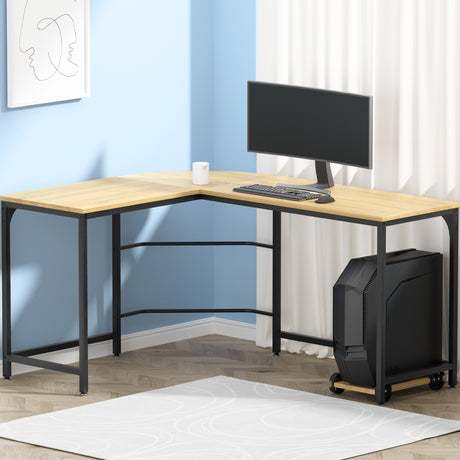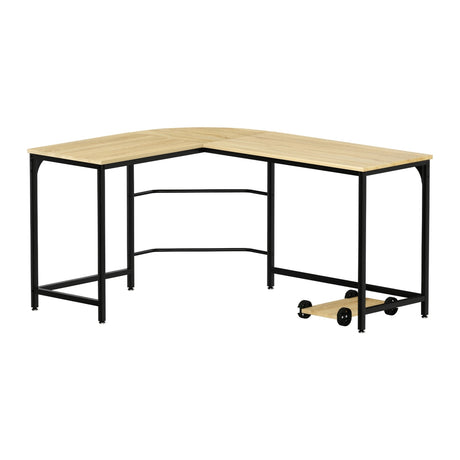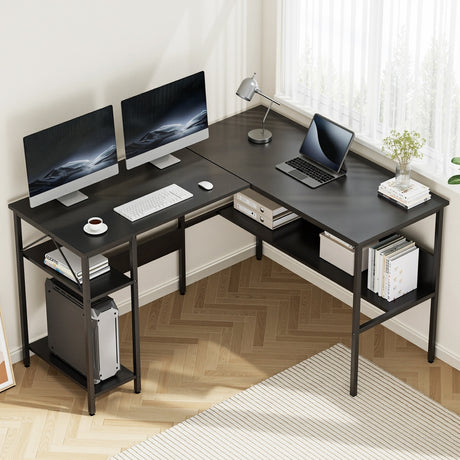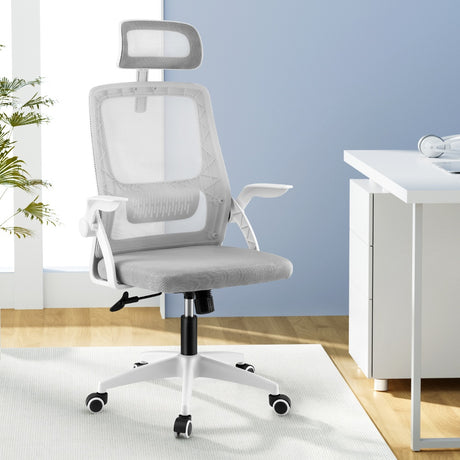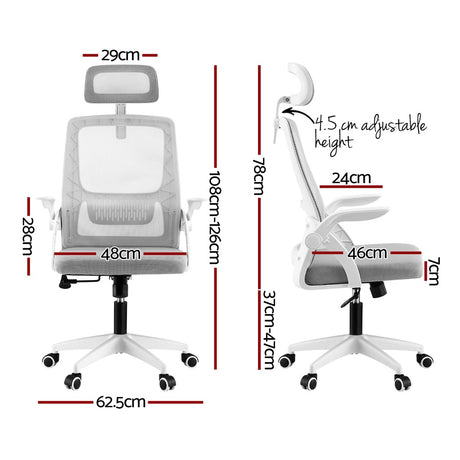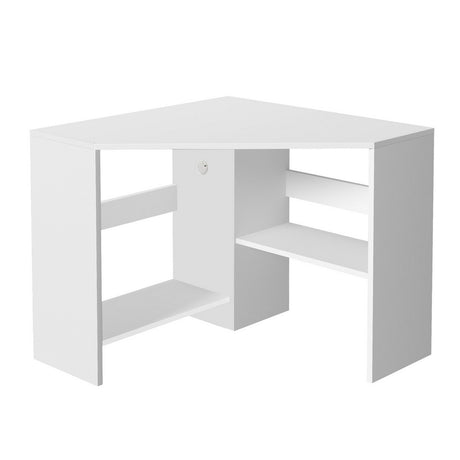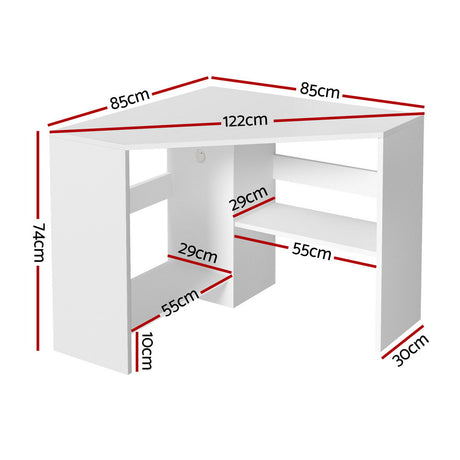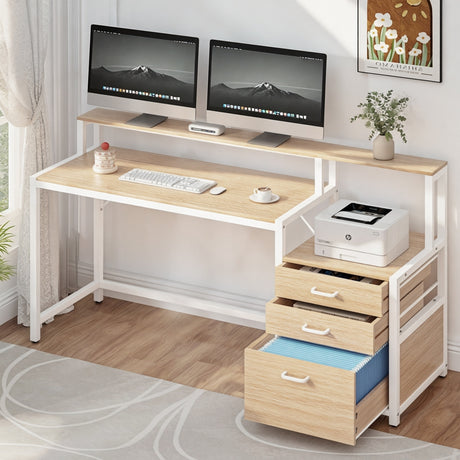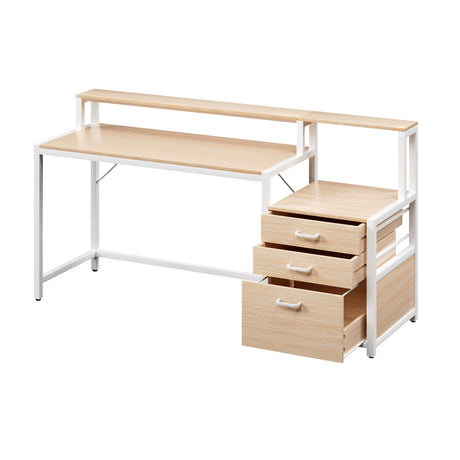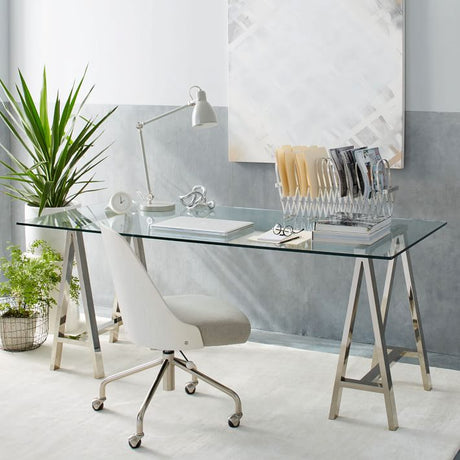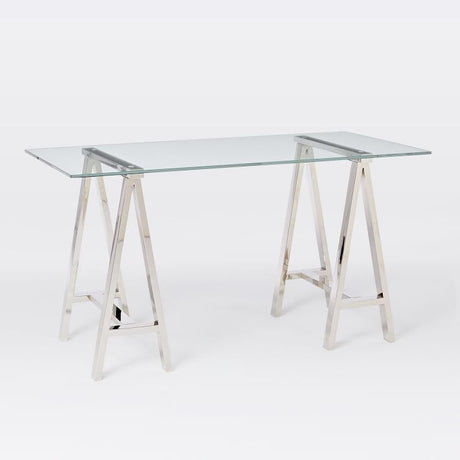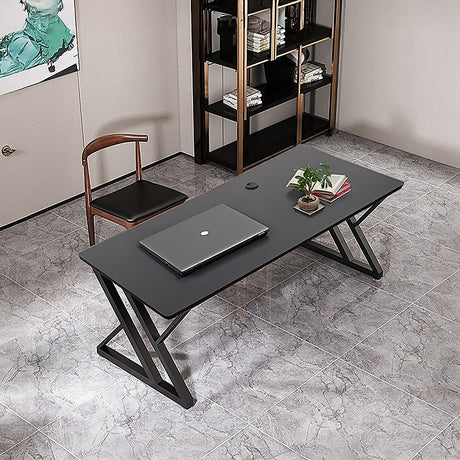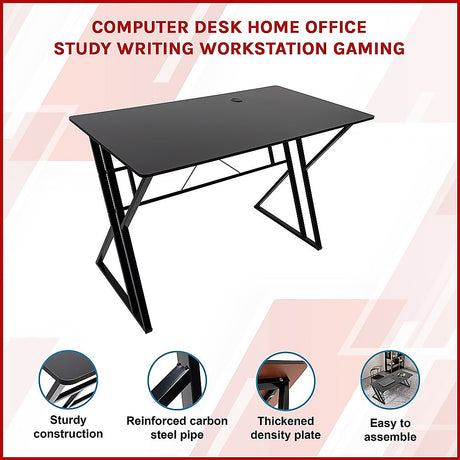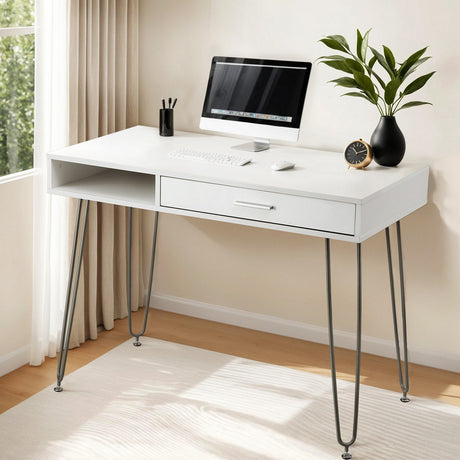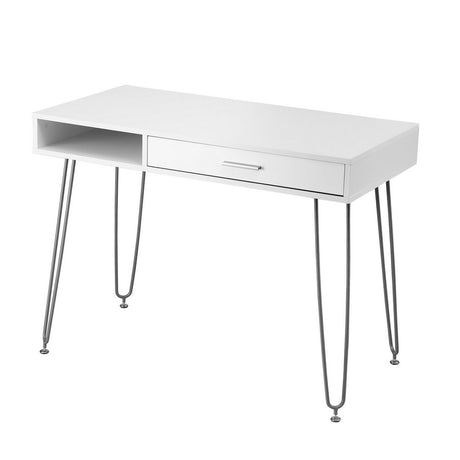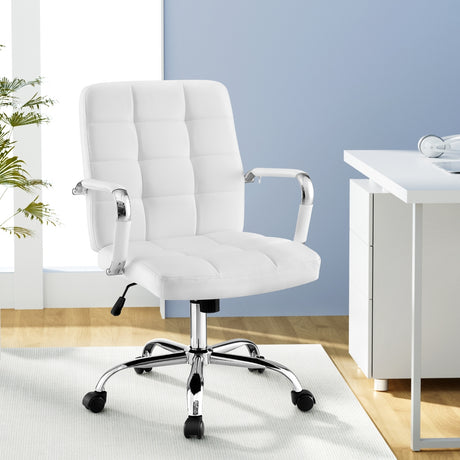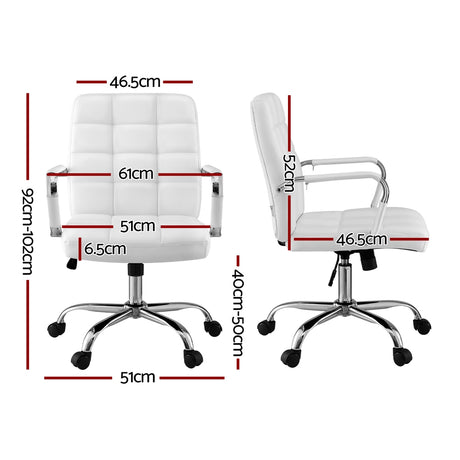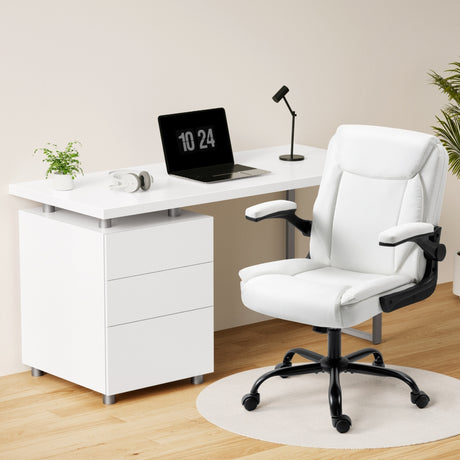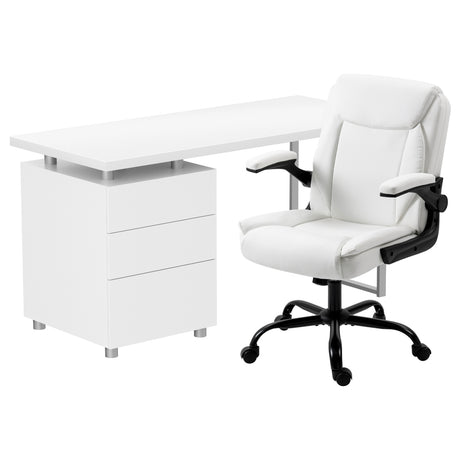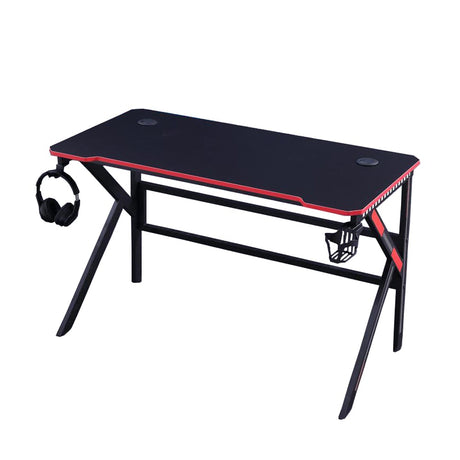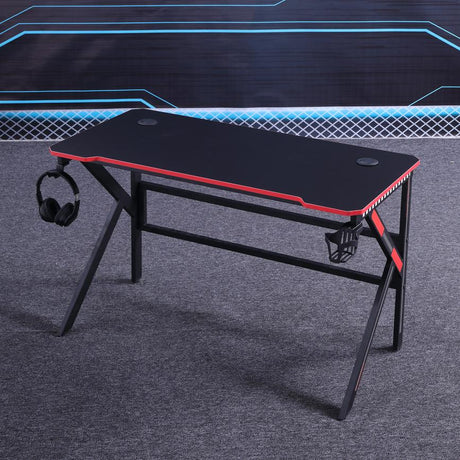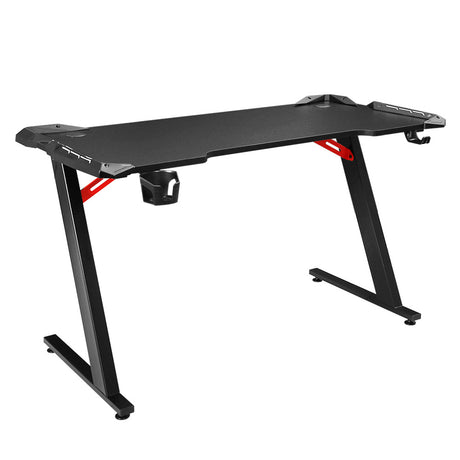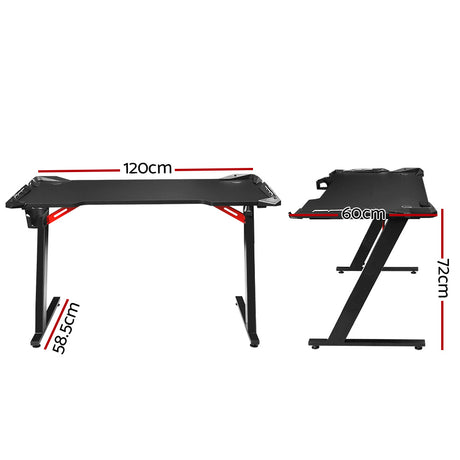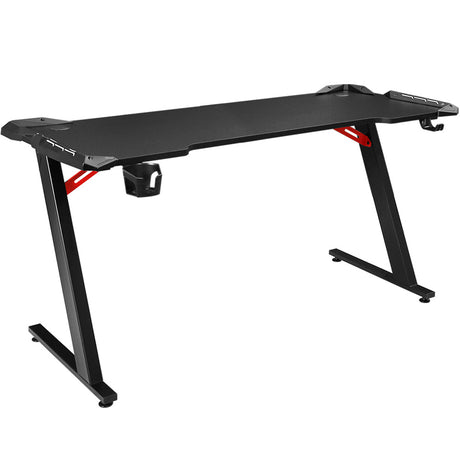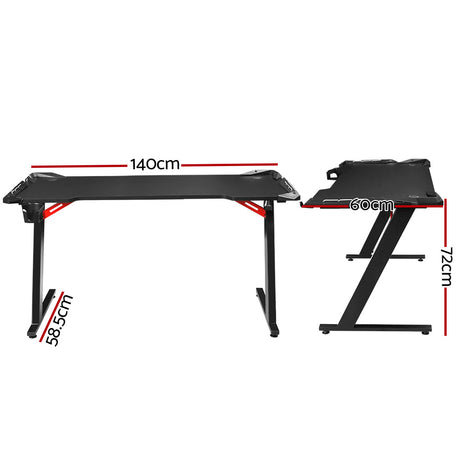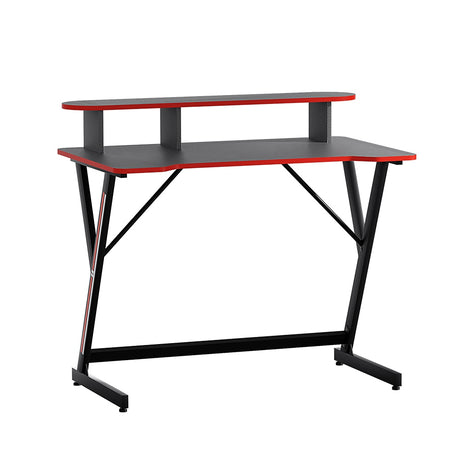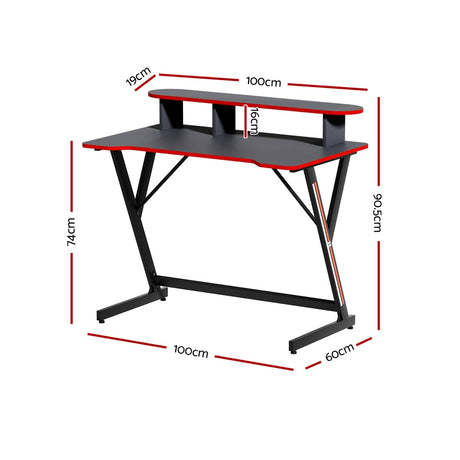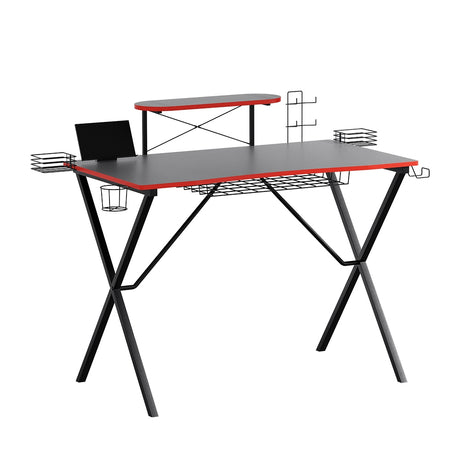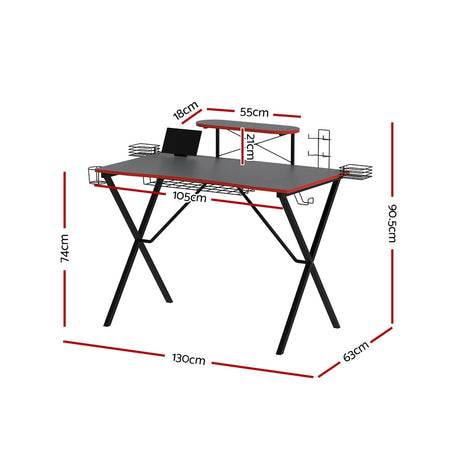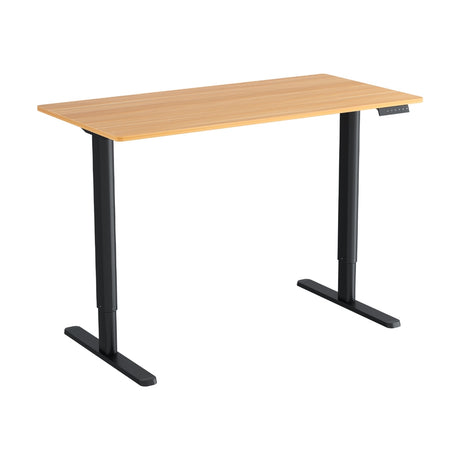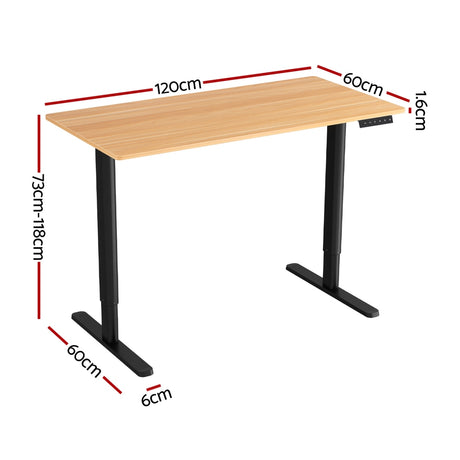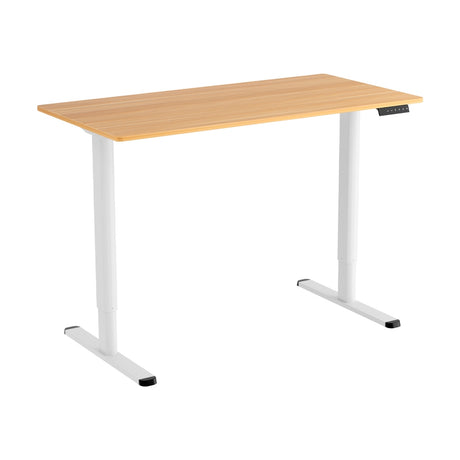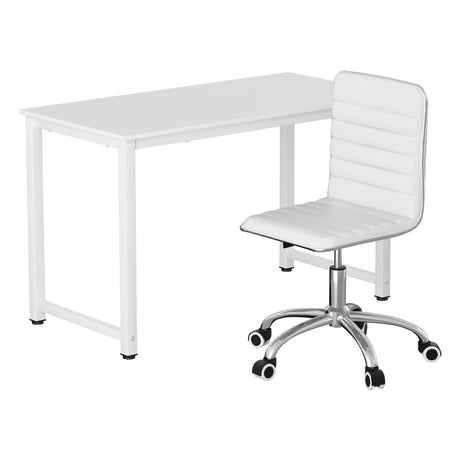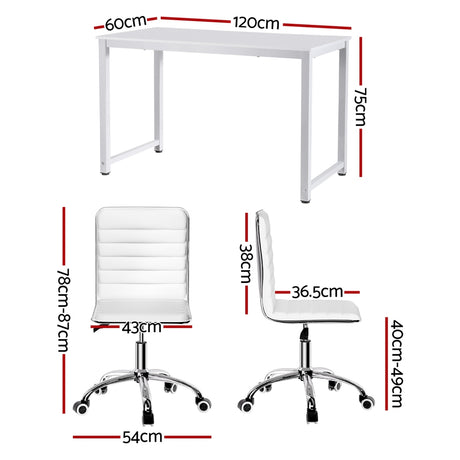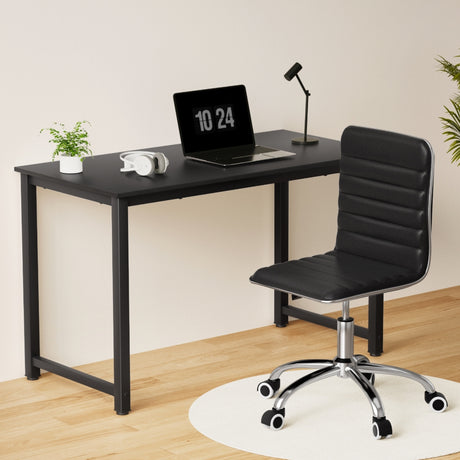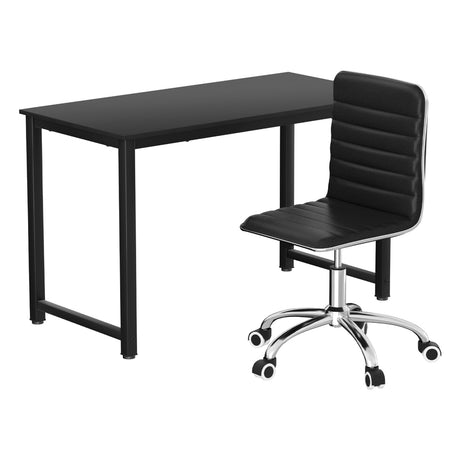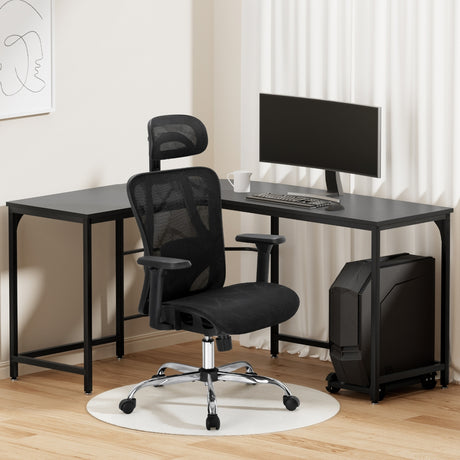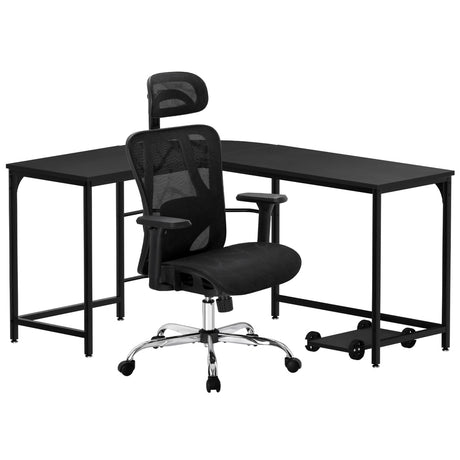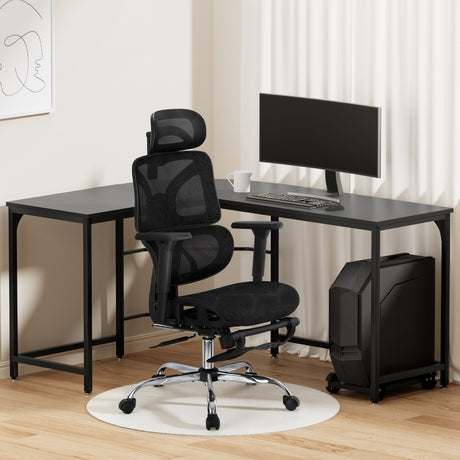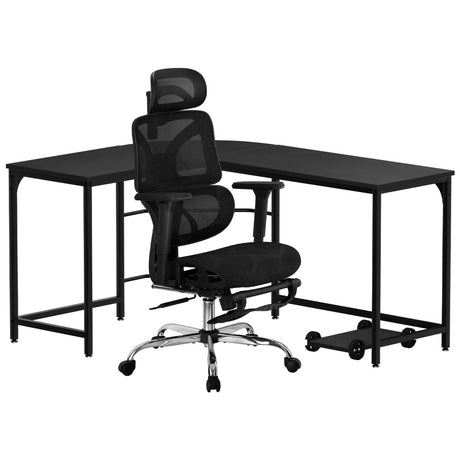Setting up an office space for your small business requires careful consideration, especially when selecting the right furniture. Choosing the appropriate office furniture is crucial for creating a comfortable and productive work environment. Here are essential questions to ask when buying office furniture for your small business.
What is the intended purpose of the furniture?
Determine the specific functions the furniture will serve. Do you need desks for individual workstations, conference tables for meetings, ergonomic chairs for comfort, storage cabinets for organization, or collaborative furniture for teamwork? Understanding the intended purpose will help you select the right furniture pieces to meet your needs.
How much space is available?
Assess the dimensions and layout of your office space before purchasing furniture. Measure the available floor area and consider factors such as doorways, windows, and electrical outlets. This information will guide you in choosing furniture that fits comfortably within the space without overcrowding or hindering movement.
What is the budget for office furniture?
Establish a budget before shopping for office furniture. Determine how much you are willing to spend and allocate funds accordingly. Consider the long-term value and durability of the furniture to ensure it will withstand daily use and provide a good return on investment.
Does the furniture align with your brand and aesthetic?
Your office furniture should reflect your brand identity and create a cohesive aesthetic. Consider the style, colour, and design of the furniture to ensure it complements your company’s branding and creates a professional and inviting atmosphere.
Is the furniture comfortable and ergonomic?
Employee comfort and well-being should be a priority when selecting office furniture. Ensure that chairs, desks, and other seating options provide proper support and promote good posture. Ergonomic furniture can help prevent back pain, eye strain, and other health issues associated with long hours of sitting.
What is the quality and durability of the furniture?
Investing in high-quality and durable furniture will save you money in the long run. Look for furniture made from sturdy materials, such as solid wood or metal frames, and consider factors such as weight capacity, warranty, and maintenance requirements. Well-built furniture will withstand daily use and remain in good condition for years to come.
Are there any special features or customization options available?
Consider any special features or customization options that may enhance productivity or meet specific needs. Examples include adjustable height desks, built-in cable management systems, modular furniture that can be reconfigured, or furniture with integrated technology solutions.
Can the furniture accommodate future growth and changes?
Anticipate your business’s growth and changing needs when selecting office furniture. Choose furniture that can be easily expanded, rearranged, or added to as your business grows. Modular and flexible furniture options can adapt to future changes and save you from having to replace furniture frequently.
How is the furniture delivered and assembled?
Inquire about the delivery and assembly process for the furniture. Determine if the furniture will be delivered fully assembled or if assembly is required. Consider whether the supplier offers delivery and installation services or if you need to make arrangements for assembly yourself.
Are there any warranties or guarantees?
Check if the furniture comes with warranties or guarantees. Understanding the terms and coverage of the warranty will provide peace of mind and protection against defects or damages.
By asking these essential questions when buying office furniture for your small business, you can make informed decisions that align with your needs, budget, and long-term goals. Taking the time to evaluate your requirements and select quality furniture will create a comfortable and functional workspace for your employees, contributing to their productivity and well-being.
Common Office Furniture Questions: Everything You Need to Know
Choosing the right office furniture is essential for creating a comfortable and productive work environment. Whether you're setting up a new office or upgrading your current workspace, you likely have several questions about the best options for your needs. To help you make informed decisions, we've compiled answers to some of the most common office furniture questions.
What Types of Office Furniture Do I Need?
The essential types of office furniture you need will depend on your specific business operations and office layout. Generally, you'll need:
- Desks: For individual workstations and offices.
- Chairs: Ergonomic chairs to ensure comfort and proper posture.
- Conference Tables: For meetings and collaborative work.
- Storage Solutions: Filing cabinets, bookcases, and shelving units.
- Reception Furniture: Comfortable seating and a reception desk for your lobby area.
- Breakroom Furniture: Tables and chairs for dining and relaxation.
How Do I Choose Ergonomic Office Furniture?
Ergonomic furniture is designed to support the body, reduce strain, and improve posture. When choosing ergonomic office furniture, consider the following:
- Adjustable Chairs: Look for chairs with adjustable height, lumbar support, and armrests.
- Sit-Stand Desks: These allow employees to alternate between sitting and standing, reducing the risks associated with prolonged sitting.
- Keyboard Trays and Monitor Stands: These accessories help position the keyboard and monitor at comfortable, eye-level heights.
What Should I Consider When Buying Office Desks?
When selecting office desks, consider:
- Size: Ensure the desk fits comfortably within the office space and provides enough surface area for work tasks.
- Functionality: Choose desks with features like built-in storage, cable management, and adjustable height options.
- Material: Desks made from sturdy materials like wood or metal tend to be more durable.
How Can I Maximize Storage in a Small Office?
Maximizing storage in a small office requires creativity and efficient use of space:
- Vertical Storage: Use tall bookcases and shelving units to take advantage of vertical space.
- Multi-Functional Furniture: Opt for furniture that serves dual purposes, such as desks with built-in storage or filing cabinets that double as seating.
- Under-Desk Storage: Utilize the space under desks with rolling drawers or storage bins.
What Are the Benefits of Modular Office Furniture?
Modular office furniture is flexible and can be easily reconfigured to suit changing needs. Benefits include:
- Adaptability: Modular pieces can be rearranged to accommodate new employees or different tasks.
- Space Efficiency: These pieces are designed to maximize space and often include built-in storage.
- Cost-Effectiveness: Modular furniture can be expanded or modified without the need to purchase entirely new sets.
How Important is Aesthetic in Office Furniture?
The aesthetic of office furniture is important as it reflects your company’s brand and can influence the work environment. Consider:
- Brand Consistency: Choose furniture that aligns with your company's branding and color scheme.
- Employee Morale: A well-designed office can boost employee morale and productivity.
- Client Impressions: Stylish and professional furniture makes a positive impression on clients and visitors.
What Should I Know About Office Furniture Warranties?
Before purchasing office furniture, check the warranty details:
- Coverage: Understand what is covered, such as defects in materials or workmanship.
- Duration: Know how long the warranty lasts and if it covers normal wear and tear.
- Claims Process: Learn how to make a warranty claim and what documentation is needed.
How Do I Maintain Office Furniture?
Proper maintenance can extend the life of your office furniture:
- Regular Cleaning: Dust and clean surfaces regularly to prevent build-up and stains.
- Check for Damage: Periodically inspect furniture for any signs of wear or damage and address issues promptly.
- Follow Manufacturer’s Instructions: Adhere to the manufacturer’s care guidelines to avoid voiding warranties.
How Do I Choose Sustainable Office Furniture?
Sustainable office furniture is made from eco-friendly materials and processes:
- Certified Materials: Look for furniture made from FSC-certified wood or recycled materials.
- Low VOCs: Choose furniture with low volatile organic compound (VOC) emissions to improve indoor air quality.
- Longevity: Invest in high-quality furniture that lasts longer, reducing the need for frequent replacements.
Conclusion
Selecting the right office furniture involves careful consideration of various factors, from ergonomics and functionality to aesthetics and sustainability. By asking the right questions and understanding your specific needs, you can create a comfortable, productive, and stylish workspace that reflects your brand and supports your employees' well-being.
For more insights and tips on choosing the best office furniture, explore our comprehensive guides and expert advice at Ember Homewares. Transform your office into a space where creativity and productivity thrive.

